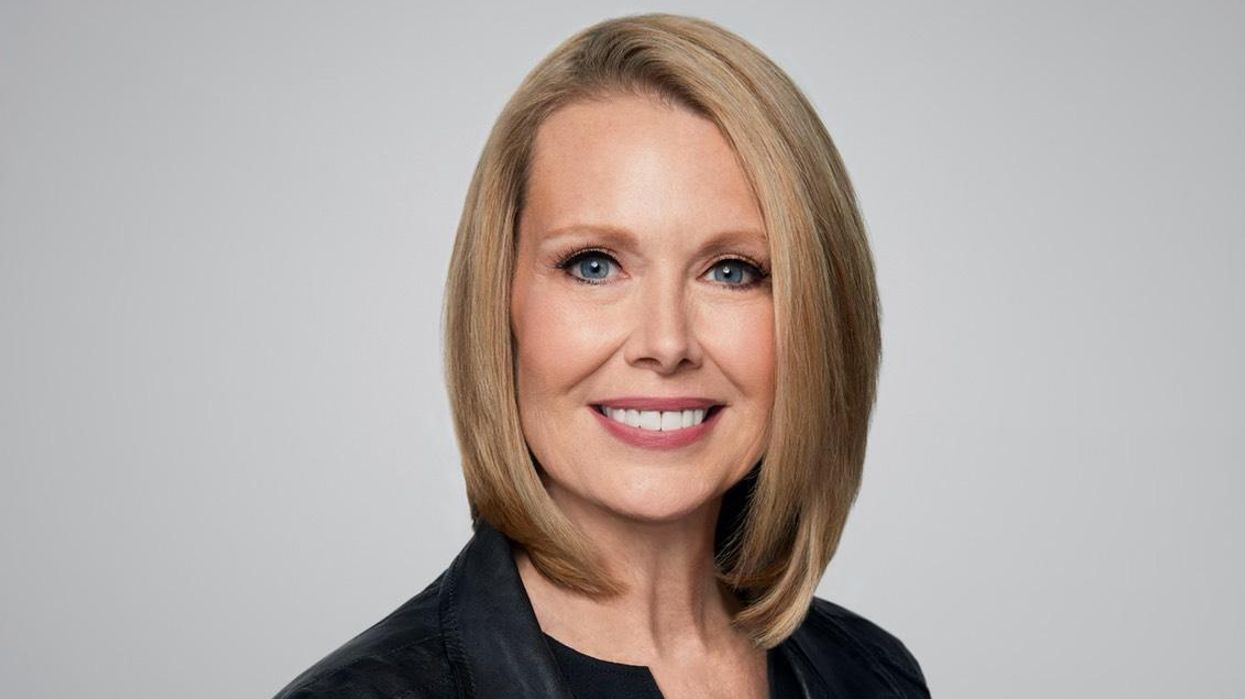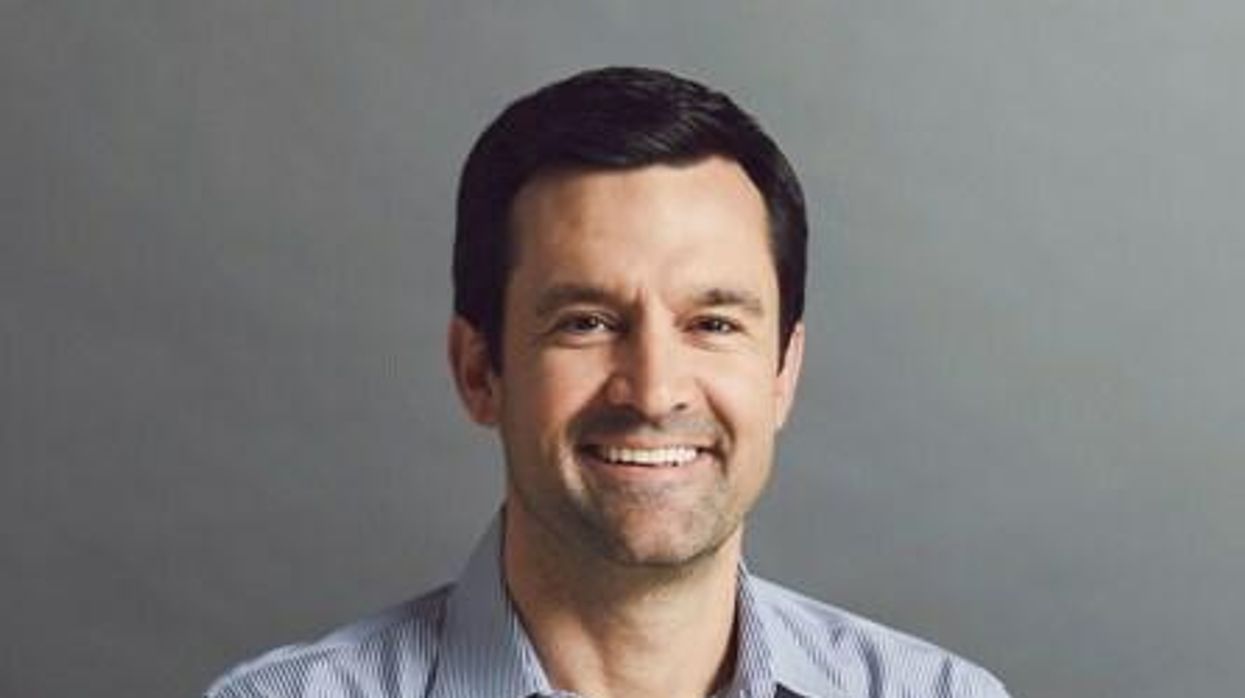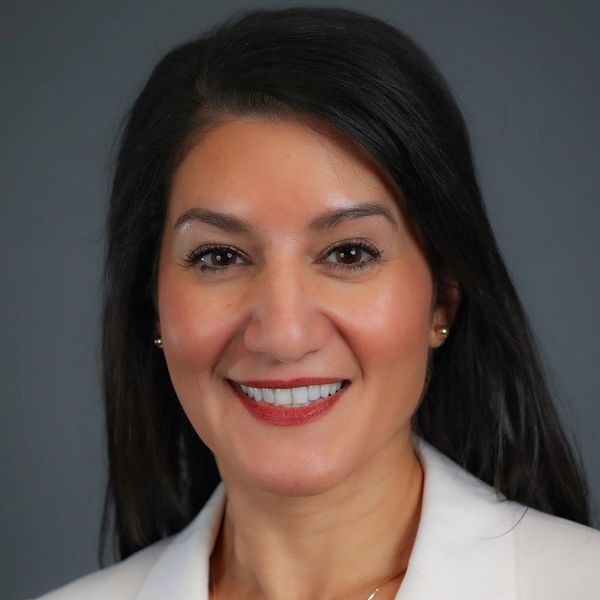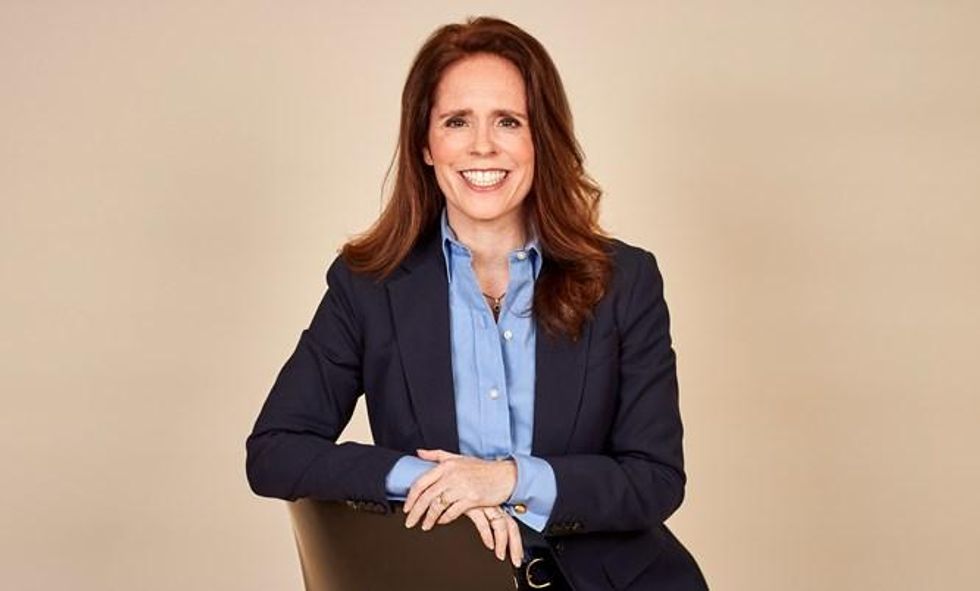Careers
10 January 2023
New year, new CEOs at Designer Brands, Cotopaxi, Vitamin Shoppe
On the Move has the latest C-level hires at Impossible Foods, Build-A-Bear and Provi.

Doug Howe is the next CEO of Designer Brands, Inc. (Courtesy photo)
On the Move has the latest C-level hires at Impossible Foods, Build-A-Bear and Provi.

Doug Howe is the next CEO of Designer Brands, Inc. (Courtesy photo)
Welcome to On the Move. Every week, The Current is rounding up the comings and goings of leaders at brands and retailers across the ecommerce, retail and CPG landscape.
This week, the CEO role is seeing transition at Designer Brands, Rite Aid, Vitamin Shoppe, Cotopaxi and Compana Pet Brands. Meanwhile, Impossible Foods hired a CPG leader as its first chief demand officer and Build-A-Bear is bringing on a CTO.
Here’s the latest leadership hires:
Doug Howe, the current president of DSW, is set to step into the CEO role at parent company Designer Brands Inc. On April 1, he will succeed Roger Rawlins, who will become a board member and advisor. Howe currently serves as EVP of Designer Brands, and brings prior leadership experience at Kohl’s, Qurate Retail Group, Gap Inc. and Walmart. A search will be conducted for the next DSW president.
Davis Smith is set to transition out of the CEO role at outdoor gear brand Cotopaxi, effective July 1. At that time, company president Damien Huang will assume the CEO role. Huang was hired last year from the CEO role of Eddie Bauer. Smith will transition to the position of chairman of the board. For the next three years, he is set to serve in a mission president role for the Church of Jesus Christ of Latter-day Saints in Recife, Brazil.

Sharon M. Leite is the next CEO at aesthetics brand Ideal Image. Leite comes to the brand after serving as CEO of The Vitamin Shoppe, and was previously president of Godiva Chocolatier and Sally Beauty. Among her work at The Vitamin Shoppe, Leite launched a tech-driven format and introduced personalization, while increasing innovation in private brands. Ideal Image has a network of more than 800 doctors that perform services such as laser hair removal, body sculpting and Botox.
Heyward Donigan will step down as CEO of Rite Aid. Board member Elizabeth “Busy” Burr will step in as CEO of the drug store chain on an interim basis, while an executive search is conducted. Burr brings executive experience in health from Carrot, Inc. and Humana. Donigan, whose departure was effective immediately on Monday, served in the CEO role since 2019. The move comes as Rite Aid is forecasting a net loss of $551-584 million for the current fiscal year.

Bob Robbins is joining alcoholic beverage ecommerce marketplace Provi as president and chief operating officer. Previously, Robbins held leadership positions at Juul Labs, Constellation Brands, Beam Suntory, McKinsey & Company. Provi aims to simplify wholesale alcohol ordering by connecting buyers, distributors and suppliers.
Greg Pearson started the new year in a new role as CEO of Compana Pet Brands, the pet care and nutrition company. Pearson succeeds John Howe, who is transitioning to a new role as senior advisor. Pearson most recently served as CEO of Pretzels, Inc., a pretzel manufacturer that was sold to Hershey in 2021. He also established Chewy’s private brands business during a stint at the pets-focused ecommerce platform.
Sherene Jagla will be the first chief demand officer at plant-based meat brand Impossible Foods. Jagla will be responsible for bringing sales, marketing, insights and product development into one function. Jagla brings 25 years of experience, including most recently as SVP and GM of Newell Brands, where she oversaw a $2 billion business across 50 brands. She was also a sales leader at Kellogg’s and held senior roles at Kimberly-Clark.

Dara Meath is heading to Build-A-Bear Workshop to assume the CTO role. Meath brings 20 years of experience, most recently as the head of data, digital and ecommerce at beauty brand Conair. "This hiring demonstrates our continued focus to advance our digital capabilities which have been a fundamental part of our business success contributing to record-setting profitability in 2021 and thus far in 2022,” CFO Voin Todorovic said.
Natalie Knight is set to depart the role of chief financial officer at Ahold Delhaize. Knight served as CFO of the Netherlands-based grocer since 2020. In six months, Knight told the company that she will pursue another career opportunity in the U.S. after 25 years in Europe. Ahold Delhaize started the search for a successor.

Lands’ End is making a series of leadership changes, which are effective Jan. 28. These come as Andrew McLean is set to step in as CEO in a previously-announced move. The changes are as follows:
Campbell Soup Company CEO Mark Clouse offered thoughts on messaging amid inflationary shifts in consumer behavior.
After months of elevated inflation and interest rate hikes that have the potential to cool demand, consumers are showing more signs of shifting behavior.
It’s showing up in retail sales data, but there’s also evidence in the observations of the brands responsible for grocery store staples.
The latest example came this week from Campbell Soup Company. CEO Mark Clouse told analysts that the consumer continues to be “resilient” despite continued price increases on food, but found that “consumers are beginning to feel that pressure” as time goes on.
This shows up in the categories they are buying. Overall, Clouse said Campbell sees a shift toward shelf-stable items, and away from more expensive prepared foods.
There is also change in when they make purchases. People are buying more at the beginning of the month. That’s because they are stretching paychecks as long as possible.
These shifts change how the company is communicating with consumers.
Clouse said the changes in behavior are an opportunity to “focus on value within our messaging without necessarily having to chase pricing all the way down.”
“No question that it's important that we protect affordability and that we make that relevant in the categories that we're in," Clouse said. "But I also think there's a lot of ways to frame value in different ways, right?”
A meal cooked with condensed soup may be cheaper than picking up a frozen item or ordering out. Consumers just need a reminder. Even within Campbell’s own portfolio, the company can elevate brands that have more value now, even if they may not always get the limelight.
The open question is whether the shift in behavior will begin to show up in the results of the companies that have raised prices. Campbell’s overall net sales grew 5% for the quarter ended April 30, while gross profit margins held steady around 30%. But the category-level results were more uneven. U.S. soup sales declined 11%, though the company said that was owed to comparisons with the quarter when supply chains reopened a year ago and expressed confidence that the category is seeing a longer-term resurgence as more people cook at home following the pandemic. Snacks, which includes Goldfish and Pepperidge Farm, were up 12% And while net sales increased overall, the amount of products people are buying is declining. Volumes were down 7%.
These are trends happening across the grocery store. Campbell is continuing to compete. It is leading with iconic brands, and a host of different ways to consume them. It is following that up with innovation that makes the products stand out. Then, it is driving home messaging that shows consumers how to fit the products into their lives, and even their tightening spending plans.
Campbell Soup is more than 150 years old, and has seen plenty of difficult economic environments. It is also a different business today, and will continue to evolve. At the end of the day, continued execution is what’s required.
“If it's good food, people are going to buy it, especially if it's a great value,” Clouse said.